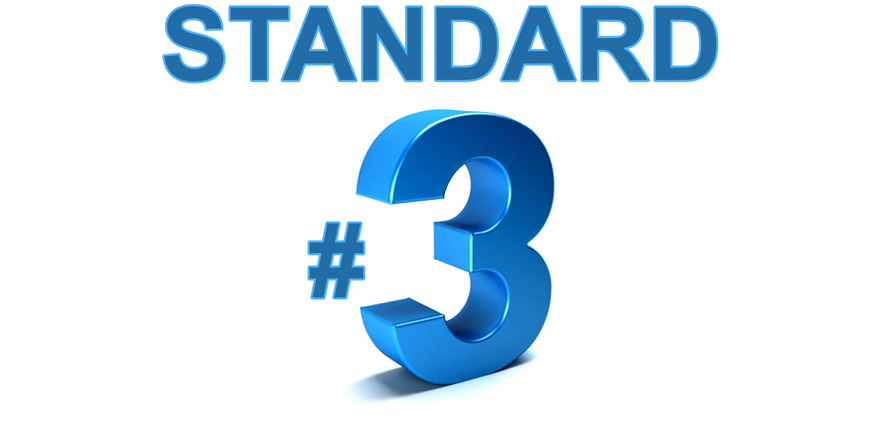
Registered Nurses (RN) are recognised healthcare professionals that are regulated by the Nursing and Midwifery Board of Australia (NMBA). According to AHPRA, there were more than 348,000 general RNs in the country in 2021.
Tobecome a RN in Australia, you typically need to have completed a bachelors degree in nursing. Undergraduate courses in nursing are offered by many universitie. Becoming a registered nurse is however not the only path to nursing. Another option is to become an enrolled nurse (EN) by completing a diploma in nursing.
RNs have a wide range of responsibilities as part of their job. They are involved in creating a treatment plan for the patient, ensuring timely treatment, supervising ENs, and forming professional relationships with the community. The people they care for range from physically and mentally able individuals to severely disabled individuals.

Like any profession, RNs also have to follow certain professional standards. These standards apply to all professionals. Also, the standards are meant to be read with other codes, guides, and standards given by the board. The standards not only apply to the current practice of the RN but also to the development of their scope of work and aspirations.
There are a total of 7, interconnected standards. The first 3 relate to each other and also to the dimensions of practise given in the remaining 4. The points given in the standard’s description specify how the RN demonstrates they follow that standard. Interpretation of the points depends on the context of the professionals practise.
RNs are responsible for ongoing self-management, their professional development, and providing information to enable others to make decisions and about their health. According to standard 3, the nurse does the following:
Besides forming professional relationships with patients and colleagues, the RN also needs to have an analytical mind. They should be comprehensive and systematic in their assessment of resources and information. The points making up standard 4 include:
3.1 considers and responds in a timely manner to the health and wellbeing of self and others in relation to the capability for practice
3.2 provides the information and education required to enhance people’s control over health
3.3 uses a lifelong learning approach for continuing professional development of self and others
3.4 accepts accountability for decisions, actions, behaviours and responsibilities inherent in their role, and for the actions of others to whom they have delegated responsibilities
3.5 seeks and responds to practice review and feedback
3.6 actively engages with the profession, and
3.7 identifies and promotes the integral role of nursing practice and the profession in influencing better health outcomes for people.
Source: www.nursingmidwiferyboard.gov.au/

